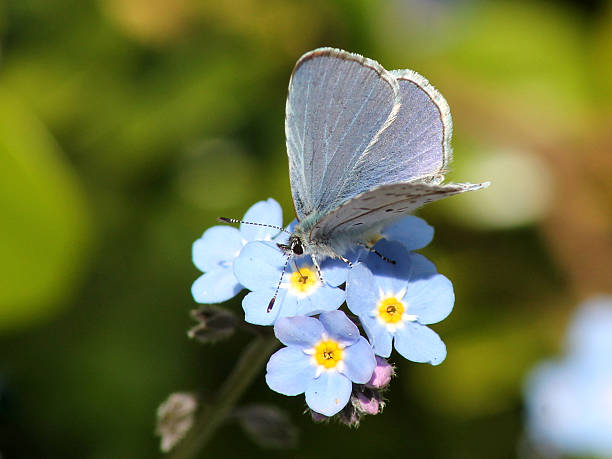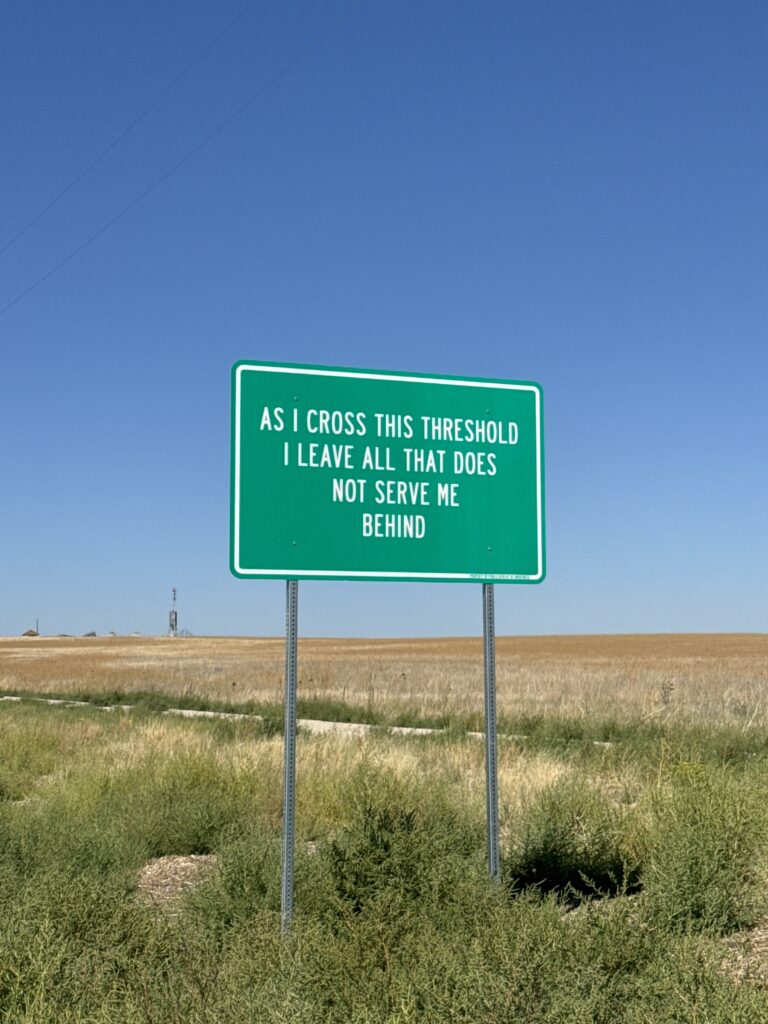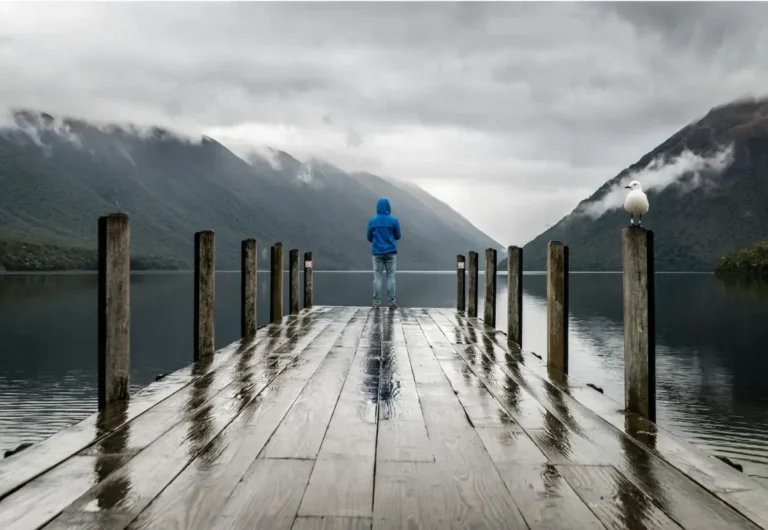“So, in a fitting sense, my father’s laissez-faire attitude had now become fitting for these times in ways he probably couldn’t have imagined: the general rule swallows all exceptions, nothing you do will make much difference, the poor will always be with us.
The blackthorns and fruit trees are blossoming, forget-me-nots have replaced the crocuses and primroses, and the trees are leafing. Budbursts everywhere! It’s sunny and our open windows let in frantic flies and bees, a white butterfly. S. is weeding. She comes in smelling of fresh air and earth.”
–Peter Holm Jensen, The Moment
Jensen’s unassuming debut novel, expressed through the perspective of an unnamed character’s journal, addresses the plight of modern man: his seemingly forced tethering to technology, the mundaneness of daily living, his simultaneous longing and inability to soak in the beauty of surrounding nature, and his personal universe of internal despair.
The first paragraph quoted above reveals a sliver of such despair.
But, upon reading and further reflection, what I found truly fascinating is the second quoted paragraph—the narrator’s seeming response to his father’s (and his own) magnificent sense of despair.
It doesn’t require much mental stretching to relate to such despair; it’s the true precipice on which many individuals permanently reside. Our surrounding problems feel like anything other than manageable: a multi-trillion dollar national debt, our country’s laughable lack of integritous politicians, rocketing rates of suicide and homelessness, and, on a significantly smaller level…the mere cost of eggs!
Yet Peter Holm Jensen’s genius response does not suggest the grandiose, idealistic, prescriptive formation of new committees, policies, or laws. Rather, his character almost microscopically narrows his vantage point to blackthorns, fruit trees, and forget-me-nots, frantic flies, bees, and a white butterfly. Jensen’s character finishes by mentioning his wife, simply referred to as “S.”, coming in from outdoors smelling of fresh air and earth.
The longer I sat with these two simple paragraphs, the more I recognized the true plight of humanity: first, to immerse ourselves —both realistically and metaphorically—among blackthorns and fruit trees, forget-me-nots, sun, flies, bees, and butterflies; second, to weed our own proverbial gardens; finally, to return home, bringing with us fresh smelling air and earth.
The macro despair of our world cannot bear to be met with more frantic strivings. Instead, we are individually summoned to open ourselves up to beauty, to light, and to creation. Such purity clarifies our vision, so that we may, in turn, distinguish our soul-weeds from fruiting plants, and accordingly, root out those parts which no longer serve us. Then, and only then, do our responsibilities turn homeward. Yet, we do not return home heavy laden with new agendas, checklists, and goal sheets, but rather simply bearing in our souls and bodies “fresh smelling air and earth.”
For our highest good in life is not to do, but rather to become. I cannot entertain lofty ideas of healing my world, if I cannot first, be healed myself.
On a personal level, our adult children struggle with mundane living and anxiety over their futures. Our daughter has been sick since November, so we’ve brought her home temporarily to heal. Grayson, our autistic son, is thriving in his independent-living program in Utah. Even so, I must occasionally block him when old behaviors flare or new ones emerge, and I receive texts telling me to “go to hell and get your soul sucked out by demons.” Chaos, with him, is only ever a half-step away.
Despair and fear, for me, are ever-present just below the surface. They don’t overrun my life as they once did, but nor am I ever aware of their total absence. Yet this despair cannot be battled head-on, lest its dark, spiraling vortex consume me. Instead, I allow my gaze to fall on the black horizon, barely turning blue with the rising sun. I consider my husband, who’s reading on the other side of the wall shared by our two offices. His love has been forceful and abundant enough to soothe my soul-wounds; it’s introduced me to the God I’d always longed to believe in, yet had never quite encountered as real. As I’m considering Arin’s love, someone comes to mind that I potentially wronged, so I send a quick text. Rooting out more weeds, I consider ways I’ve wrongly judged a friend, vow to do better, and then return to my morning reading.
Shortly after, Arin enters my office, bringing with him “fresh smelling air and earth.” My renewed fragrance mingles with his, and their conjoining settles softly and gently chases away any remaining hint of despair.



